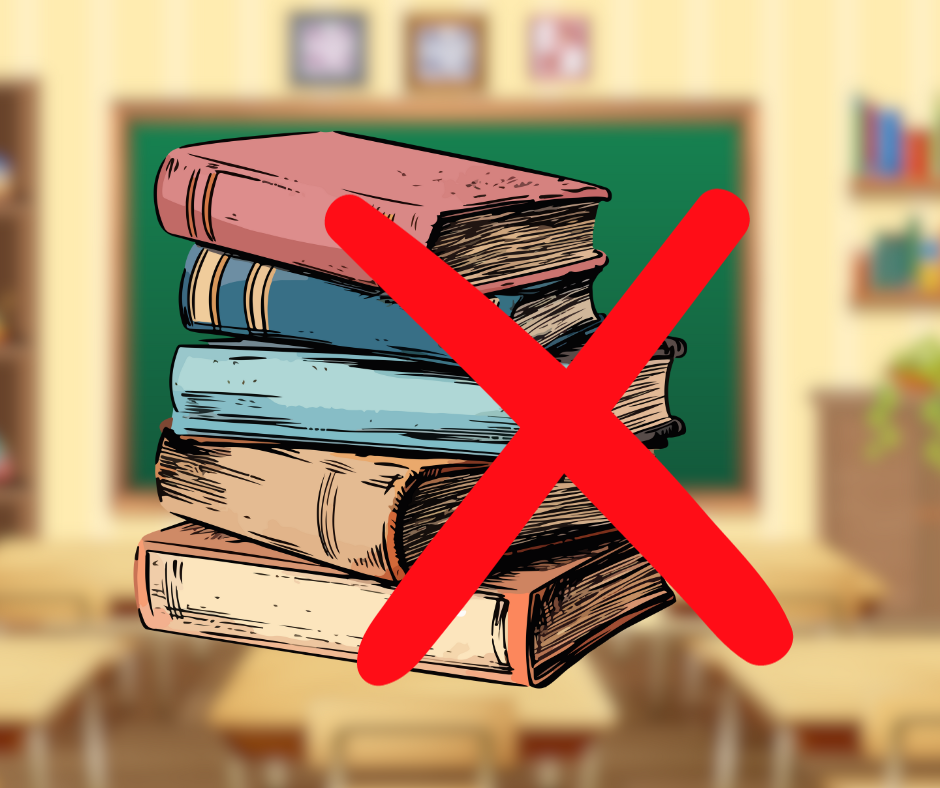The first time I remember crying over a book was when I read E.B White’s “Charlotte’s Web.” After connecting with these characters, I could not help but weep with Wilbur, the main character, when he mourned the loss of his friend, Charlotte. I do not believe it was my parents’ or teachers’ intention to make me cry or feel any sense of discomfort when they introduced me to this story, but it was clear the content of the book moved me in a genuine way.
In the fallout of the emotional journey this book took me on, I never once felt the solution should be to ban the book for making me cry. While the themes of death and loss caused me feelings of grave discomfort and sadness as a child, the important lessons I learned about grief, hope and friendship cannot, and should not, be overlooked in the grand scheme of things.
That being said, I also recognize there are certain books which may not be suitable for a schooling environment. However, based on the current push for book banning and the arguments surrounding the topic, I have come to my own understanding and opinion of these debates.
Reading a book featuring characters and stories from the LGBTQIA+ community will not “turn your child gay” in the same way standard school readings like “Romeo and Juliet” have not led to a rise in child marriage. Young people are influenced more by example and discussion about the words on a page than they are by the words themselves. That is why, in many ways, the classroom is an ideal place to initially present some of these themes to young students. After all, the book banning argument stems from more than just discussions of sexuality. Books are banned for having themes of violence, death, suicide, addiction and more.
While I truly believe many of those on the side of book banning have the intention of protecting our youth, I question some of the ways in which they believe we can effectively achieve this. As a hopeful, prospective English teacher, I too, want to protect our youth from themes which may cause them discomfort or harm. However, I also recognize we have an obligation, as educators, to help prepare young students for the harsh realities of life. These realities include death, violence, addiction and identity struggle.
We use literature in the classroom to heighten students’ intellectual capacity and help them understand certain experiences that differ from their own. These fictional stories provide a safe way to interact with these themes for the first time. Ultimately, our goal needs to be finding the balance between protecting the youth, and withholding knowledge from them in a way which unintentionally teaches ignorance.





































